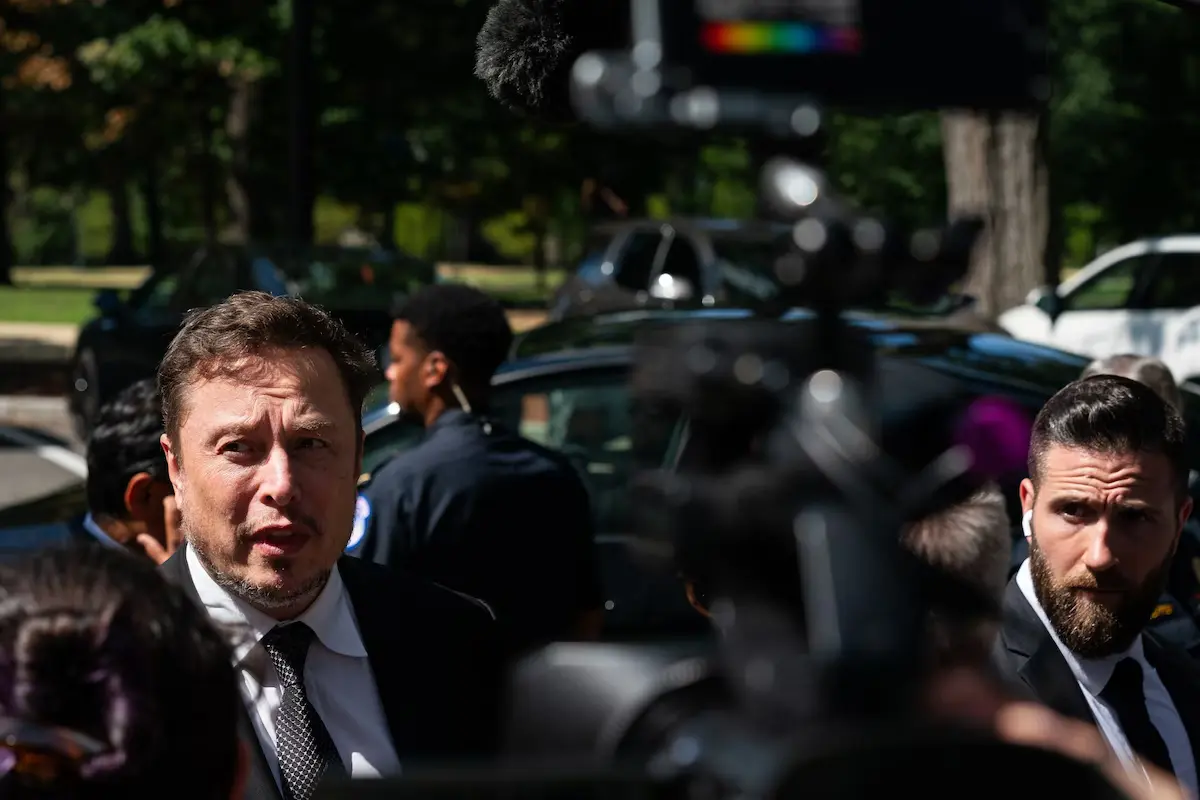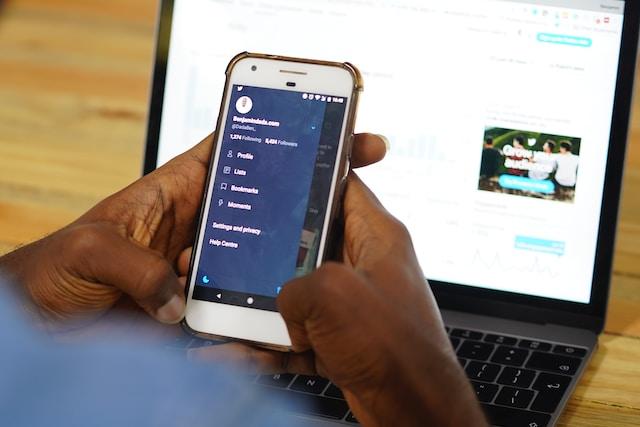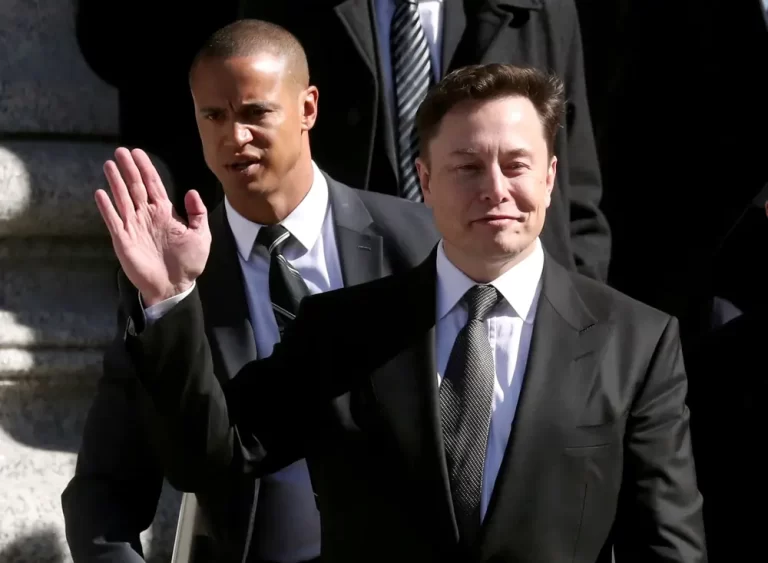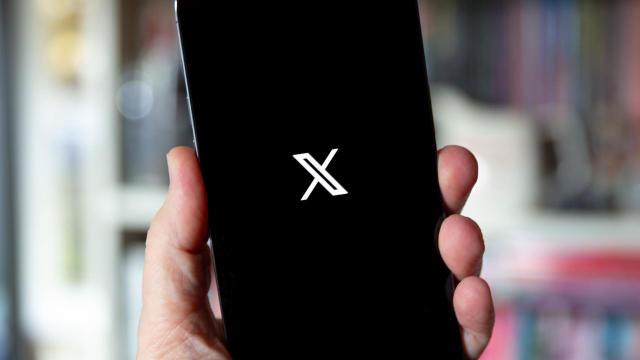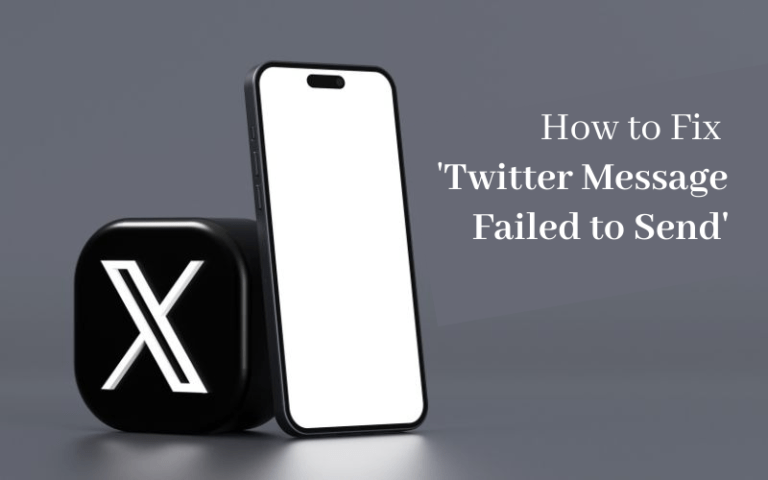Elon Musk endorsed the Pizzagate conspiracy, the long-debunked conspiracy theory that led to a man firing a gun inside a Washington, D.C. restaurant in 2016.
The far-right conspiracy, which predated QAnon, claimed that the Clintons and Democratic Party leaders ran a secret satanic child sex ring in a D.C. pizzeria called Comet Ping Pong.
The hypothesis, which was popular among fringe Donald Trump supporters during the 2016 presidential campaign, was dubbed “fictitious” by D.C. police detectives.
Elon Musk message was the latest in a series of tweets in which Musk promoted disproved theories, and it came only one day after he visited Israel to try to calm down fury over an outbreak of antisemitism on X, which has prompted a growing number of advertisers to depart.
When Israeli President Isaac Herzog challenged Musk on Monday to eliminate X’s “reservoir of hatred,” Musk said, “We need to do everything possible to stop the hate.“
Also read: Elon Musk’s Twitter: A Breeding Ground for Misinformation Amid the Israel-Hamas Conflict
According to a Washington Post representative, the firm has decided to stop advertising on X.
Musk, who paid $44 billion for the social network previously known as Twitter last year, posted a meme on Tuesday insinuating that the expert who refuted Pizzagate “went to jail for child porn.” Musk stated it “does seem at least a little suspicious.”
The post was viewed more than 15 million times before being removed about 2 p.m., less than an hour after this story was published.
The meme is based on a fake narrative that claims Pizzagate was debunked by one individual, disgraced former ABC reporter James Gordon Meek, who pleaded guilty last year to collecting child sexual abuse photographs and was sentenced to six years in federal prison.
According to a Reuters fact-check article in August, Meek handled national security and seems to have addressed Pizzagate only once, in a 2017 report about Russian disinformation. In 2020, a different James Meek, a British journalist, briefly covered Pizzagate in a London Review of Books essay.
Since it erupted on the 4chan message board in 2016, news media have completely disproved Pizzagate. No victims or proof have ever been revealed.
Logan Strain, a conspiracy theorist who goes by the name Travis View on the podcast “QAnon Anonymous,” said the false link between Meek and Pizzagate gained popularity this summer among conspiracy theorists like Ron Watkins, the longtime administrator of QAnon’s central message board 8kun, who posted about it on X.
Also read: Elon Musk’s $44 Billion Twitter Takeover Case Study
Strain called Musk’s promotion of a fabrication that had previously been used in a violent act “incredibly dangerous.” “It is very distressing that he’s validating a conspiracy theory that has radicalized people to destroy their lives and commit crimes,” he told CNN.
Musk, X, and a spokeswoman for X CEO Linda Yaccarino did not respond to demands for comment.
Musk has attempted to depict X as a counterpoint to the mainstream journalists he has lambasted and fought to discredit. “The public will increasingly come to realize that X is the best source of truth, causing our user numbers to rise as they abandon the less accurate sources of information,” he said in a post on Monday.
However, his acceptance of far-right themes has coincided with an exit of some of X’s most prominent users. According to CNN, major organizations’ flagship accounts, such as Disney and Sony Pictures, have stopped posting there in recent days or have gone to competing platforms such as Threads.
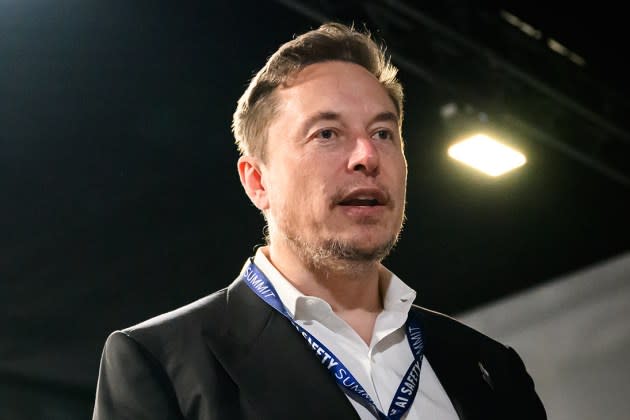
Pizzagate grew in popularity among fringe web users looking to tarnish Hillary Clinton’s presidential campaign in 2016. After Trump was elected, parts of Pizzagate’s concepts were integrated into QAnon, a muddled set of conspiracy theories that erroneously alleged that Trump was secretly fighting an elite cabal of satanic pedophiles who governed the world.
Musk responded last week to an X user’s post suggesting that the founder of Media Matters, a liberal advocacy group, was linked to the owner of “the Pizzagate restaurant.” “Weird,” Musk said, promoting the message to his 164 million followers. Musk’s business sued Media Matters last week after the group published a study alleging that corporate adverts on X appeared alongside pro-Nazi content.
Musk has previously endorsed portions of QAnon, most notably alleging that adults who oppose him have sexualized children. Musk also spread fake conspiracy theories about the brutal attack on Rep. Nancy Pelosi’s (D-Calif.) husband and called for the criminal arrest of infectious-disease expert Anthony S. Fauci.
Also read: Elon Musk’s X Fails To Pay US $388,000 Australian Internet Online Safety Watchdog Fine
Musk was sued for defamation after labeling a Thai cave rescue worker a “child rapist” and “pedo guy” in 2018, but was cleared by a Los Angeles jury the following year. “My faith in humanity is restored,” he told reporters.
In July, X reinstated the account of a right-wing influencer who had tweeted a photograph of a tortured toddler. Musk’s decision to erase the photograph and reinstate the account, which he shared on X, clashed with Twitter’s long-standing “zero-tolerance” stance on child-sexual-exploitation material.
In December 2016, Edgar Maddison Welch, a 28-year-old North Carolina man, strolled inside Comet Ping Pong with a loaded AR-15 rifle, a handgun, and 29 rounds of ammo across his chest, seeking to “self-investigate” the Pizzagate idea, as he subsequently told police.
He pointed the weapon at an employee and fired multiple bullets to destroy the lock on a storage cabinet; no one was hurt. He turned himself up after discovering no indication of hidden rooms or child trafficking.
During his trial, Welch apologized for being misled by the internet rumor and wrote in a letter to the judge that he knew “now just how foolish and reckless” his decision was. He was sentenced to four years in jail, to be served in 2021.
During Welch’s trial, prosecutors revealed that police had received complaints of copycat threats to other pizza shops, including one from a man in Louisiana who claimed he was “coming to finish what the other guy didn’t” and threatened to shoot “you and everyone in the place.”
Musk has frequently cited X’s “Community Notes” fact-checking feature as a selling point for the site’s dependability. The tool relies on X users to report inaccurate or possibly misleading postings and provide notes that refute or clarify them by giving context. Notes that gain enough good votes from other users will eventually show on the site beneath the original tweet for all to see.
On Tuesday, many X users recommended using Community Notes to provide context to Musk’s Pizzagate joke post. However, as of early Tuesday afternoon, none had gotten enough positive votes from other users to be shown on X.

